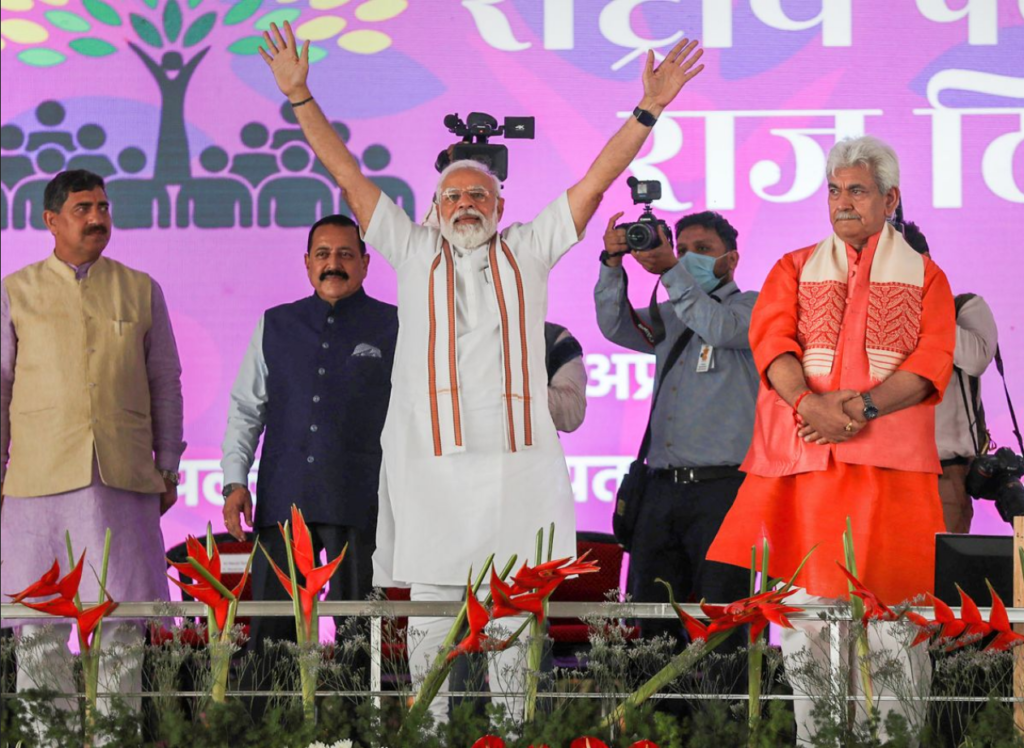Pakistan objects to PM Narendra Modi’s visit to Kashmir
Pakistan has raised objections to the visit of Prime Minister Narendra Modi to Kashmir and his participation in the groundbreaking ceremonies for the Rattle and Kwar hydroelectric projects on the Chenab River, asserting that it directly violates the terms of the Indus Waters Treaty. Prime Minister Modi’s visit to Jammu and Kashmir on Sunday marked his first public engagement in the region since the revocation of Article 370 in August 2019.
During the visit, Prime Minister Modi inaugurated the Rattle and Kwar hydroelectric projects, an 850 MW facility in Kishtwar on the Chenab River with an estimated cost of Rs 5,300 crore, and a 540 MW Kwar hydroelectric project on the same river costing over Rs 4,500 crore.

Pakistan’s Foreign Office criticized Modi’s visit, describing it as an attempt to falsely portray normalcy in the Valley. It stated that since August 5, 2019, India has made several desperate attempts to divert attention from the actual issues in Kashmir.
Pakistan specifically contested the construction of the Rattle hydroelectric plant, stating that it has been disputed by Pakistan. Regarding the Kwar Hydroelectric Plant, Pakistan claimed that India has not fulfilled its treaty obligation to share information. The Foreign Office of Pakistan views the laying of foundation stones for these projects by the Indian Prime Minister as a direct violation of the Indus Waters Treaty of 1960.

The Indus Waters Treaty, brokered by the World Bank and signed in 1960, regulates the utilization of water from the Indus River and its tributaries between India and Pakistan. Under the treaty, India is allocated the waters of the eastern rivers (Sutlej, Beas, and Ravi), while the western rivers (Indus, Jhelum, and Chenab) are allocated to Pakistan, with certain exceptions for non-consumptive uses by India.
Pakistan urged India to fulfill its obligations under the Indus Waters Treaty and refrain from taking any steps that undermine the treaty framework. Despite the strained relations between India and Pakistan since the abrogation of Jammu and Kashmir’s special status in 2019, India has consistently emphasized its commitment to maintaining normal neighborly relations with Pakistan in a terrorism-free, non-hostile, and non-violent environment.
